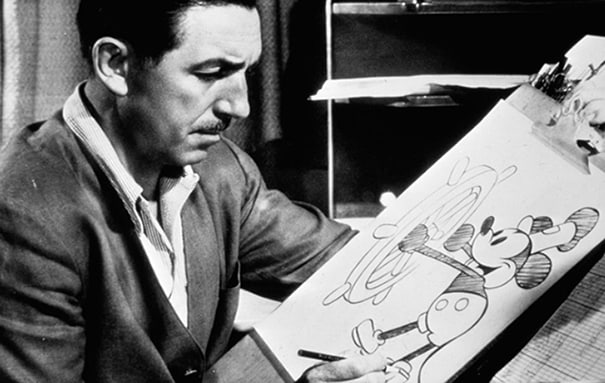Recently, we talked about the growing expectations placed on meeting and conference organizers when it comes to the content of their event. Above all, attendees want to know that their time spent at a conference or meeting will deliver strong value (ROI) in the form of tangible knowledge and insightful takeaways to help them improve their professional skills and impact their organizations’ bottom lines.
To meet this need, Disney Institute offers unparalleled professional development content in the areas of Leadership, Service and Employee Engagement, based on the business insights and time-tested best practices of Disney parks and resorts worldwide. Whether it’s a 90-minute Keynote, or a Half-day, Full-day or Multi-day program, these engaging learning experiences can become a powerful tool in an event organizer’s content-planning toolkit.
Let’s take a look at some of the business insights attendees can learn from a Disney Institute training session (this content originally appeared on the Disney Institute Talking Point blog):
Recently, we came across an interesting Inc. article about the power of optimism: “Want to Be Happier? Ask Yourself This Question Every Morning” In the article, author Chris Winfield discusses the power of positive thinking and cites what Albert Einstein referred to as “the most important question we can ask ourselves each morning.” Winfield also offered four ways we can start our days more positively.
The story reminds us of Walt Disney, and how he, too, was known for embracing optimism in his personal actions and leadership style. Even today, when we ask attendees in our Disney Institute training sessions what words they would use to describe Walt Disney, “creative,” "innovative” and “optimistic” are always on the list.
In fact, it was Walt Disney’s optimism that helped him overcome one of his first and potentially greatest business challenges.
As the story goes, it was 1928 at Union Station in New York City. Walt Disney had just concluded business meetings there and was about to board a train for the three-day journey back home to California. Before departing, he sent a telegram to his older brother and business partner, Roy. It read: “Don’t worry, everything okay, will give details when I arrive.”
What the telegram did not say was that Walt had essentially just lost everything. He was in New York to negotiate a new contract for distribution of his cartoons featuring his hit character, Oswald the Lucky Rabbit. Upon arrival, Walt found that his distributor, who held the rights to Oswald, had hired away most of Disney’s animators to start a new studio and produce the cartoons without Walt.
With no contract, no income, no product, and no animators —Walt sent the telegram, boarded his train, and headed west with three days to figure out what and how to tell Roy. But rather than brood the entire time, Walt did the opposite. He took out his sketchbook and got right back to work, creating an entirely new character who not only had the slapstick humor that had made Oswald so famous; he had a heart and a soul, and he was a mouse!
Later that same year, Walt’s new character, Mickey Mouse, starred in “Steamboat Willy,” the world’s first cartoon with fully synchronized sound. And, by the spring of 1929, Mickey had become the world’s foremost cartoon character.
Today, the Walt Disney Company that we know can trace its legacy back to what could easily have been a sad and demoralizing train ride in 1928. With this legacy comes responsibility, so leaders at all levels of the company continually share this story and its important lesson - rather than focus on what he had just lost, Walt chose to face the circumstance with a positive attitude.
The value of optimism to our daily lives should not be underestimated. According to Inc. author, Chris Winfield, there are a whole host of benefits to thinking positively and embracing optimism. It “impacts your attitude throughout the day” and “if you want to be your own personal best, thinking positive first thing in the morning is the way to get there.”
Beyond the personal benefits, embracing optimism as a leader can also have a dramatic effect on an entire organization. As we teach business professionals in our training sessions, every leader is telling a story about what he or she values in the way they behave. When leaders choose to be positive in the face of intense adversity, the story tends to be widely shared, and often repeated.
Walt Disney’s leadership legacy teaches us all that, while there are many qualities of great leadership, optimism is certainly one that can make a dramatic and lasting impact.
Think about it: What role does optimism play in your personal leadership style? How can optimism help make you a more effective leader?
So, whether you’re planning an executive retreat, a board of directors meeting, or a conference for thousands, Disney Institute can inspire your attendees with key takeaways and new ways of thinking that can be adapted and applied to their own careers and organizations. To learn more about engaging Disney Institute for professional development content for your next meeting or event held at Walt Disney World Resort in Florida, Disneyland Resort in California and Aulani, a Disney Resort & Spa in Hawaii, submit a Request for Proposal or Contact Us to speak directly with a Disney representative or Sign Up to stay in touch with Disney meetings and events.
How could you utilize Disney Institute for your next executive meeting or conference? Tell us on Facebook and Twitter!
